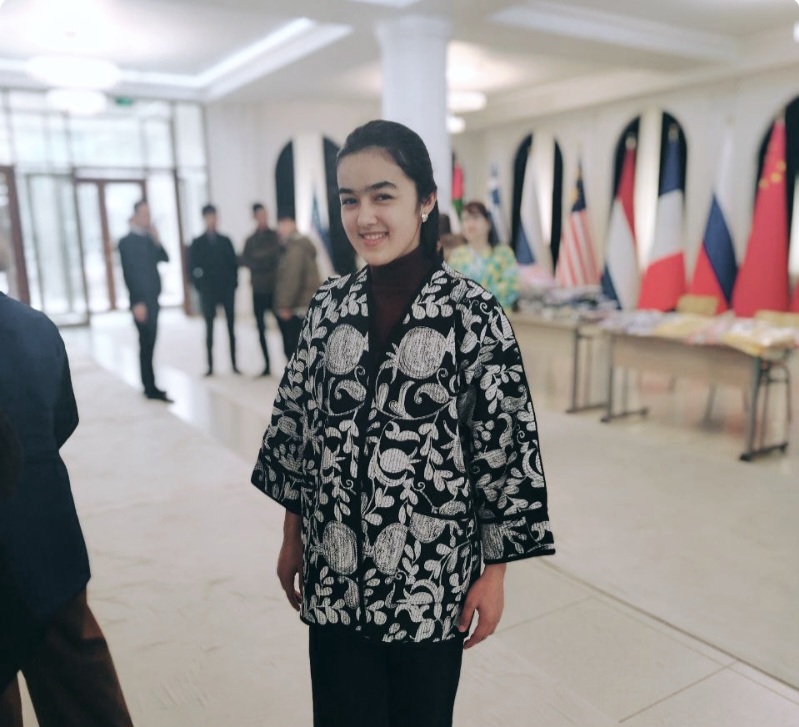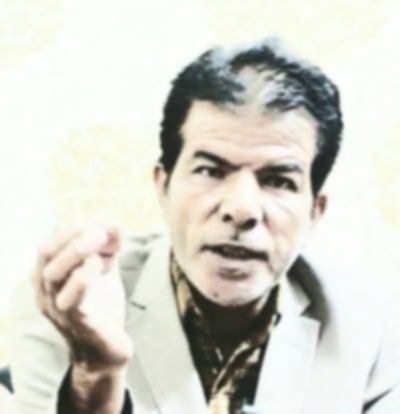
Effectiveness of Online Language Learning Platforms
Ibragimova Rushana Bobomurod daughter
Shakhrisabz State Pedagogical Institute
4th stage student
Abstract
The rise of online language learning platforms has transformed traditional approaches to language acquisition by offering learners increased flexibility, accessibility, and a range of interactive resources. This paper examines the effectiveness of these platforms, highlighting their advantages, such as the ability to learn at one’s own pace, the use of gamification, and access to native speakers and authentic materials. However, challenges such as the lack of personalized feedback and potential issues with learner motivation and accountability are also discussed. The paper finds that while online language learning platforms can be highly effective for motivated and disciplined learners, they are most beneficial when used as a supplementary tool in a blended learning approach.
Introduction
The advent of the digital era has revolutionized various aspects of human life, and education is no exception. Online language learning platforms have emerged as popular tools for acquiring new languages. Platforms such as Duolingo, Babbel, and Rosetta Stone have become popular due to their convenience, affordability, and innovative use of technology. These platforms offer learners flexibility, convenience, and access to a wide range of resources that are often not available in traditional classroom settings. This paper aims to explore the effectiveness of online language learning platforms, focusing on their advantages, potential drawbacks, and overall impact on language acquisition.
Advantages of Online Language Learning Platforms
One of the primary benefits of online language learning platforms is their accessibility and flexibility. Unlike traditional classroom settings, online platforms allow learners to study at their own pace and according to their own schedules. This flexibility is particularly beneficial for individuals who may have full-time jobs, family responsibilities, or other commitments that prevent them from attending regular classes. Platforms like Duolingo, Babbel, and Rosetta Stone provide learners with the opportunity to practice language skills anytime and anywhere, as long as they have an internet connection. Moreover, online language learning platforms often employ interactive and engaging methods to teach languages. These platforms use a combination of text, audio, video, and interactive exercises to enhance the learning experience. For example, Duolingo incorporates gamification elements, such as points, levels, and challenges, to motivate users and keep them engaged. Studies have shown that incorporating interactive elements in learning can significantly enhance knowledge retention and comprehension (Zarzycka-Piskorz, 2016).[1] By offering varied and interactive content, online language learning platforms cater to different learning styles, making language acquisition more effective. Another significant advantage of online language learning platforms is the access to native speakers and authentic language materials. Many platforms offer features that allow learners to connect with native speakers for practice, either through text chat, voice calls, or video calls. Websites like iTalki and Tandem enable learners to find language exchange partners or tutors, providing an immersive experience that is crucial for developing speaking and listening skills. Additionally, online platforms often include real-world content, such as news articles, videos, and podcasts, allowing learners to engage with the language in authentic contexts.
Challenges and Limitations
Despite their numerous advantages, online language learning platforms also have some limitations. One of the main challenges is the lack of personalized feedback. In traditional classroom settings, teachers can provide immediate, tailored feedback to students, which is essential for correcting mistakes and improving language skills. However, online platforms often rely on automated systems that may not always accurately assess nuanced language use or provide detailed explanations for errors. While some platforms do offer access to human tutors, these services often come at an additional cost, which may not be affordable for all learners. Another limitation of online language learning platforms is the potential for reduced accountability and motivation. Learning a language requires consistent practice and dedication, and some learners may struggle to maintain motivation without the structure and accountability provided by a classroom environment. The flexibility of online platforms, while advantageous, can also lead to procrastination and irregular study habits. Research has indicated that learners who lack self-discipline may find it challenging to progress in online learning environments (Kizilcec, Pérez-Sanagustín, & Maldonado, 2017).[2]
Evaluating Effectiveness
The effectiveness of online language learning platforms depends on several factors, including the learner’s goals, learning style, and level of self-discipline. Studies have shown that learners who are highly motivated and disciplined can achieve significant progress using online platforms. For example, a study conducted by Vesselinov and Grego (2012)[3][4] found that users of the Duolingo platform made substantial gains in their language skills, equivalent to a semester of university-level language study. However, the same study noted that dropout rates were high, suggesting that not all learners find online platforms suitable for their needs. It is also important to consider the role of online platforms as a supplementary tool rather than a replacement for traditional language learning methods. Many language educators advocate for a blended learning approach, combining online platforms with in-person classes or other interactive methods. This approach leverages the strengths of both online and offline learning environments, providing learners with a more comprehensive and effective language learning experience.
Conclusion
Online language learning platforms offer a flexible, accessible, and engaging way to learn languages, making them a valuable resource in the modern educational landscape. They provide learners with the opportunity to practice language skills at their convenience and offer a variety of interactive and authentic materials. However, these platforms also have limitations, including the lack of personalized feedback and potential challenges with motivation and accountability. The effectiveness of online language learning platforms ultimately depends on the individual learner’s goals, discipline, and commitment. As technology continues to evolve, these platforms will likely become even more sophisticated, providing enhanced features and more personalized learning experiences. For now, they serve as a powerful tool that, when used effectively, can significantly enhance language acquisition.
References
1.Kizilcec, R. F., Pérez-Sanagustín, M., & Maldonado, J. J. (2017). Self-regulated learning strategies predict learner behavior and goal attainment in Massive Open Online Courses. Computers & Education, 104, 18-33.
2.Vesselinov, R., & Grego, J. (2012). Duolingo Effectiveness Study. City University of New York.
3.Zarzycka-Piskorz, E. (2016). Kahoot it or not? Can games be motivating in learning grammar? Teaching English with Technology, 16(3), 17-36.
[1] Zarzycka-Piskorz, E. (2016). Kahoot it or not? Can games be motivating in learning grammar? Teaching English with Technology, 16(3), 17-36.
[2] Kizilcec, R. F., Pérez-Sanagustín, M., & Maldonado, J. J. (2017). Self-regulated learning strategies predict learner behavior and goal attainment in Massive Open Online Courses. Computers & Education, 104, 18-33.
[4] Vesselinov, R., & Grego, J. (2012). Duolingo Effectiveness Study. City University of New York.
Ibragimova Rushana Bobomurod’s daughter. She was born on September 5, 2004 in Mubarak District, Kashkadarya Region. She has several international certificates. She can communicate fluently in English and Turkish. Currently, she is a 4th-year student of Foreign Language and Literature at the Shahrisabz State Pedagogical Institute.










